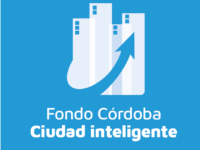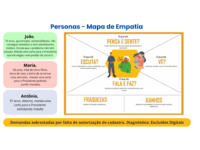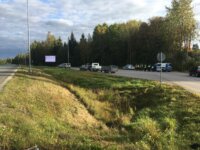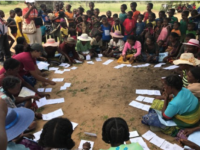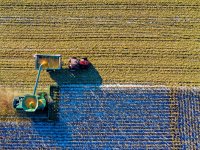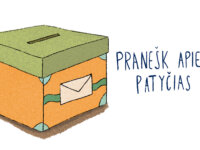The Mayor of London is piloting how human centered design and systems thinking can fuse with a missions-orientated approach to make the city a better place to live, work and visit. Designing London's Recovery seeds a portfolio of radical innovations cutting across policy areas, embedding future resilience and redefining good growth by deconstructing silo working, fostering a design-led collaborative and inclusive policy ecosystem, and sparking creativity to create further systemic impacts.
Innovation Tag: Social Innovation
Case Study
Aides Jeunes – Social aid and benefits simulator for individuals and those who accompany them.
Aides Jeunes, the aid simulator on the 1jeune1solution.gouv.fr website, was developed to combat the lack of access to rights in France. In just a few minutes, it allows people to see what aid they are entitled to, and to facilitate their aid application process. To date, it contains more than 700 forms of assistance and allows 80,000 people to be directed each month.
In order to implement innovative solutions in the city of Córdoba under an open innovation approach, the local government launched the Córdoba Smart City Fund, the first Govtech fund in Latin America, to invest and partner with impact startups that contribute to the development of a smarter, more inclusive and sustainable city.
The General Ombudsman Office/CISET/SG/PR (OUVPR) is considered, by part of the population, the highest instance of support for solving problems of access to public services. Among the different social profiles that seek assistance, a large portion of "digitally excluded" stands out; according to IBGE (2018) they represent 25.3% of the Brazilian population. The innovation was due to the unprecedented automation of the process, enabling isonomic treatment of the demands of the "digitally…
The number of traffic accidents resulting in human casualties have not shown any significant decrease in Estonia over the past ten years. While velocity is one of the factors to significantly increase the severity of the consequences, user-centric approaches also lead to the realisation that in Estonia speeding is a widely accepted social norm. An innovative approach was developed in order to test the effect of losing time, instead of money, as a potential measure to affect drivers’ behaviour.
Cash transfers, recognized as one of the most effective tools in social protection, are expanding rapidly into the world’s poorest economies. As these programs support more of the world’s most vulnerable populations, they face growing demands to increase their effectiveness. Light touch interventions from behavioral science help make programs more adaptive to the psychological phenomena that influence beneficiaries’ decisions and actions and improve outcomes at little additional cost.
An Economic Reform Governance Model to reform design and delivery of citizen-and business-centric public services was introduced in 2016. Aim of the Model was to eliminate barriers, ensure transparency, develop digital public services and expand competitiveness through increasing engagement of civil society and businesses in the reform process. Implementing 136 reform initiatives by passing 55 legal acts enabled the government to create more favorable social-economic opportunities for citizens.
In cooperation with the Korean government, major companies, social enterprises, and international organizations, Ulsan Port Authority (UPA) has initiated a project of “upcycling plastic waste coming from ships,” aiming to solve harbor-specific ocean plastic pollution. The UPA has improved upon the policies on discharging plastic waste from ships and created an upcycled product using the plastic waste. The UPA’s practice has contributed to reduce ocean plastic pollution.
The CXEC is a cohort program that brings together US Department of Agriculture (USDA) staff across America to learn about customer experience (CX) and develop new solutions to common CX issues faced by American farmers. In doing so, it creates a unique space for collaboration, knowledge-sharing, and the development of locally-informed solutions.
Bullying is one of the main social challenges in Lithuania with about 30% of children becoming victims of bullying few times a week. Most of them don’t report the incidents while school officials often can’t recognize and effectively provide help for both victims and bullies. “Patyčių dėžutė” is a mobile app which allows children to anonymously report bullying accidents, while REAGUOK.LT is a e-learning platform for teachers with all the relevant information about how to respond to…

